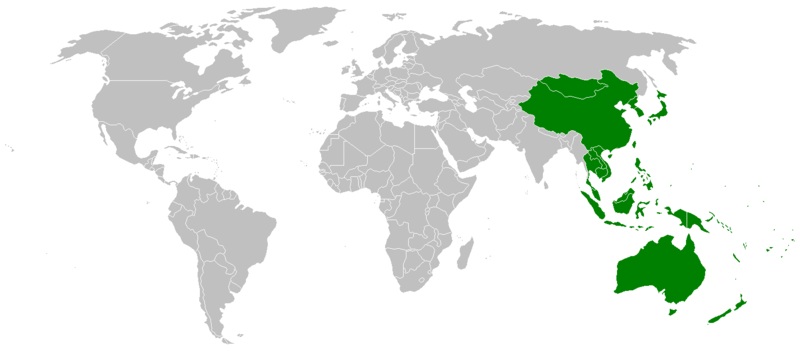Mcommerce becoming significant focus for Asia Pacific countries
 A new study is showing that these nations are concentrating heavily on shopping over this channel.
A new study is showing that these nations are concentrating heavily on shopping over this channel.
China is currently leading the world as the region of the glob that has the largest mcommerce activity, but most of the countries in the Asia Pacific are focusing their attention on that channel at the moment.
According to a recent study’s results, the fastest rise of smartphone shopping is also occurring there.
The research was performed by MasterCard, and it showed that while China may be the country where the most mcommerce purchases are being made, it is in Indonesia and Thailand where the most rapid growth is being seen in purchases made over smartphones and tablets.
The MasterCard study showed that over half of all consumers from Thailand and Indonesia are now using mcommerce for shopping purposes.
The report was based on a study which was designed to examine the inclination of consumers to shop online and was held throughout 25 different markets around the world in November and December of last year. The final report included the results of interviews with 7,011 respondents in 14 markets in the Asia Pacific region.
These participants were asked a number of questions in order to better understand their shopping habits online. China was the clear frontrunner, but other leading countries for mcommerce included New Zealand, Singapore, Australia, and South Korea.
Among the primary drivers behind the shift toward mcommerce in all of these countries – particularly in China – was a confidence boost in shopping using smartphones and tablets. The survey showed that only 21.4 percent of the respondents said that they didn’t feel that shopping over mobile devices was secure. This was a decrease from the year before, when it had been 32.8 percent, which had also fallen from 2010, when the figure was 35.3 percent.
Beyond confidence, consumers in China also revealed that they felt that mcommerce made shopping online “easy”. Among the respondents from that country, 89.5 percent agreed with that statement, which was a rise from the year before when only 80.8 percent felt that way in the survey that was conducted for the MasterCard research that year.

